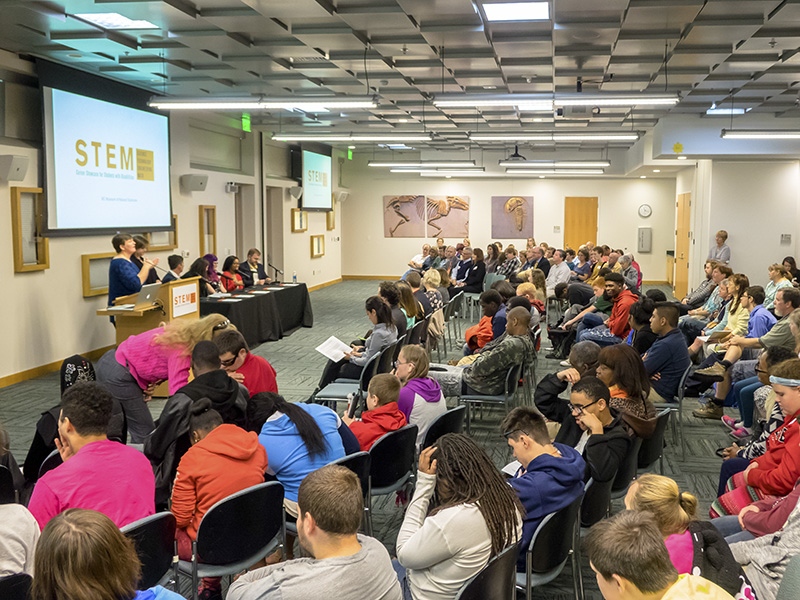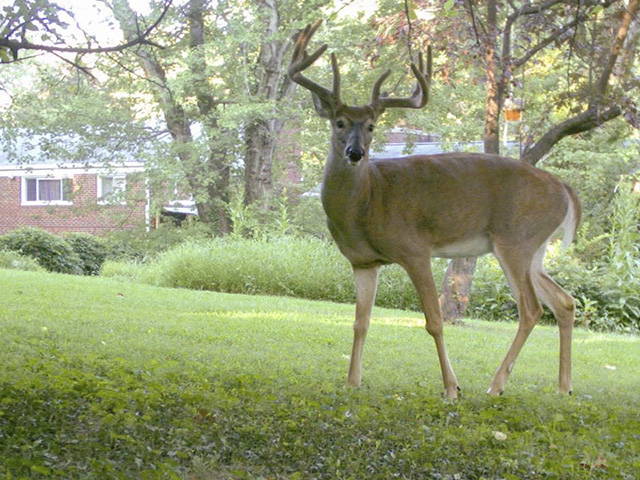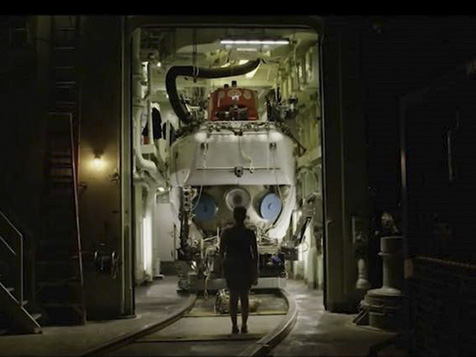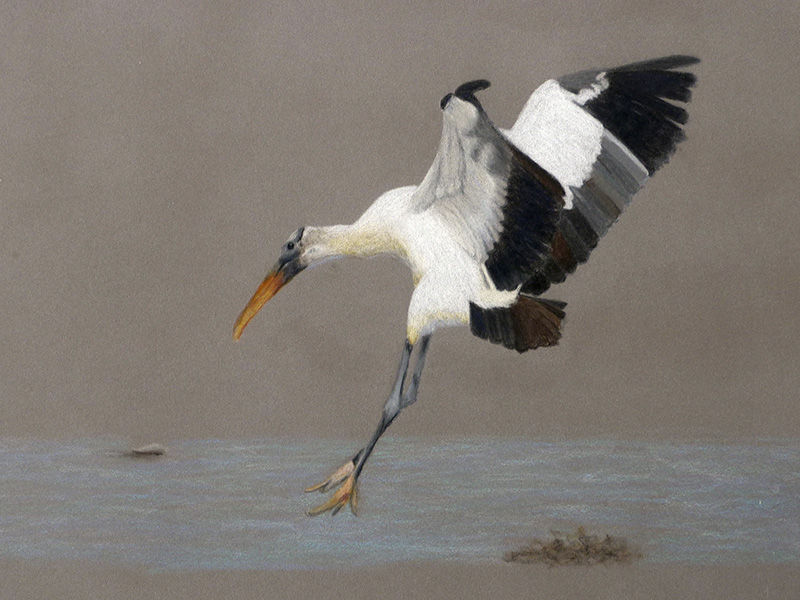
STEM Career Showcase for Students with Disabilities coming to Museum Oct. 16
October 4, 2018
(RALEIGH, N.C.) — The great jobs of today and tomorrow are in Science, Technology, Engineering and Math (STEM). Yet people with disabilities remain underrepresented in these fields despite recent advances in the accessibility of information technology and other tools used by working professionals. To help turn that tide, the 6th annual STEM Career Showcase for… Read More >

Wild Suburbia: More Mammals Than Expected Live Near People
October 2, 2018
It’s a jungle out there in the suburbs, where many wild mammals are thriving near humans. That’s the conclusion of a large-scale study using camera trap images from hundreds of citizen scientists in Washington, D.C., and Raleigh, North Carolina. The study contradicts assumptions that developed areas have fewer mammals and less variety in mammal species,… Read More >

Discover “The Most Unknown” – Museum of Natural Sciences shows new documentary Oct. 11
September 26, 2018
[RALEIGH, N.C.] — What is dark matter? What is consciousness? Where did life come from? Is there life elsewhere in the universe? A new feature-length documentary titled “The Most Unknown,” showing at the North Carolina Museum of Natural Sciences October 11 at 7 p.m., explores some of the biggest questions in science, all to find out what… Read More >

‘Wildlife Art’ featured at Museum’s Nature Art Gallery in October
September 25, 2018
(RALEIGH, N.C.) — The North Carolina Museum of Natural Sciences’ Nature Art Gallery presents “Wildlife Art,” paintings and artwork by Pinehurst resident and lifelong artist Betty Hendrix. The show runs Oct. 5–28, with a Gallery reception Saturday, Oct. 6, 2–4 p.m. All exhibited art is for sale. Hendrix’ main mediums are colored pencil and pastel,… Read More >

So shines a good deed in a weary world … Museum shows “Willy Wonka” Sept. 28
September 18, 2018
(RALEIGH, N.C.) — What do you get from a glut of TV? A pain in the neck and an IQ of three. Why don’t you try simply reading a book? Or could you just not bear to look? You’ll get no … you’ll get no … you’ll get no … you’ll get no … you’ll… Read More >

